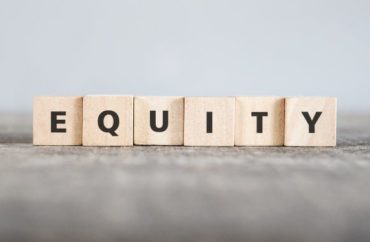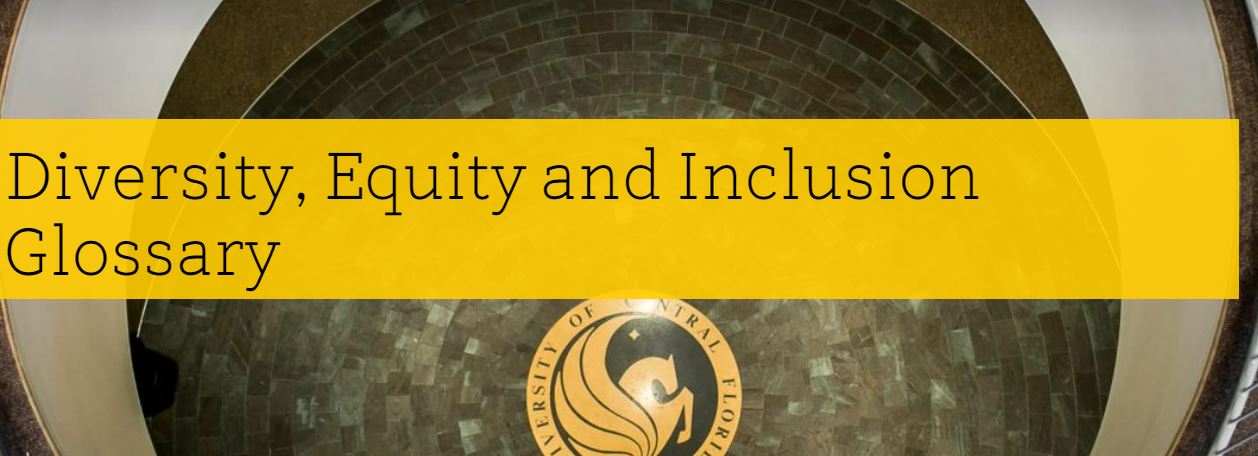
‘Equity can require an unequal response in order for fairness or justice to be achieved. To do so, structural and historical oppression has to be taken into account’
A “Diversity, Equity and Inclusion Glossary” published by the University of Central Florida states that while males have the power in the United States and that an “unequal response” of equity can help resolve structural and historical oppression.
The glossary was touted in a memo published Feb. 2 to the campus community urging it to “[c]ommit to using inclusive language” in the wake of “bomb threats at historically black colleges and universities” as well as “local demonstrations of anti-Semitism.”
“Equity refers to fairness,” the glossary states. “However, equity differs from equality in that it does not mean treating everyone the same.”
“Equity can require an unequal response in order for fairness or justice to be achieved. To do so, structural and historical oppression has to be taken into account.”
The glossary defines power as including “access to social, political, and economic resources.”
“Power typically accrues to those who most closely approximate the mythical norm—in the U.S., for example, that means male, White, heterosexual, able-bodied, and Christian,” the glossary states.
“Privilege” is defined as “unearned advantages,” and racism is defined as including “structural and systemic conditions and practices that reproduce inequalities along racial lines.”
“It is important to remember that racism is more about impact than intentions,” it adds.

UCF’s DEI glossary is housed within its faculty excellence website.
“This glossary is intended to support efforts to increase the use of inclusive language or the approach that recognized the power of words, aiming to avoid terminology or language that could potentially exclude or cause harm,” the introduction states.
The guide also identifies principles behind inclusive language such as “bias and linguistic habits” that lead to the inappropriate use of language.
Inclusive language is also people centric and “should not rely on stereotypes or broad classifications of people,” it states.
Other examples of words defined on the list are “critical race theory,” “microaggressions,” “personal pronouns” and “Latinx/Latine.”
The Foundation for Individual Rights in Education said such a glossary on its face, as well as the Feb. 2 memo, is not a free speech violation.
“Universities are free to encourage people to be civil or to use particular terms, but the First Amendment protects the right of individual students to choose what words to use,” FIRE told The College Fix in an email. “This list appears aspirational and does not purport to require use of any particular terms, so it does not violate the First Amendment.”
Andrea Guzman, UCF’s vice president for Diversity, Equity, and Inclusion, wrote the memo following recent anti-Semitic demonstrations in Central Florida and bomb threats at historically black colleges.
She said the UCF community stands together “to condemn hate, bigotry, and acts of intimidation, in all of their forms.”
“I challenge each of us to continue caring for one another and to take an active role in shaping a genuinely inclusive and welcoming campus climate,” the memo states. “To fully achieve our core goal of inclusion, we must embrace the open exchange of ideas that is central to academic freedom and freedom of expression.”
Guzman mentioned several ways students could create an inclusive environment on campus, including learning about “the significance of heritage and awareness months” like Black History Month. Reading about the history of anti-Semitism and the Lunar New Year were two other suggestions in the memo.
Neither UCF nor the Office of Diversity and Inclusion responded to a request for comment from The College Fix.
MORE: Meet professors working to replace DEI with MFE: ‘Merit, Fairness and Equality’
IMAGE: Kunst Bilder / Shutterstock





Please join the conversation about our stories on Facebook, Twitter, Instagram, Reddit, MeWe, Rumble, Gab, Minds and Gettr.